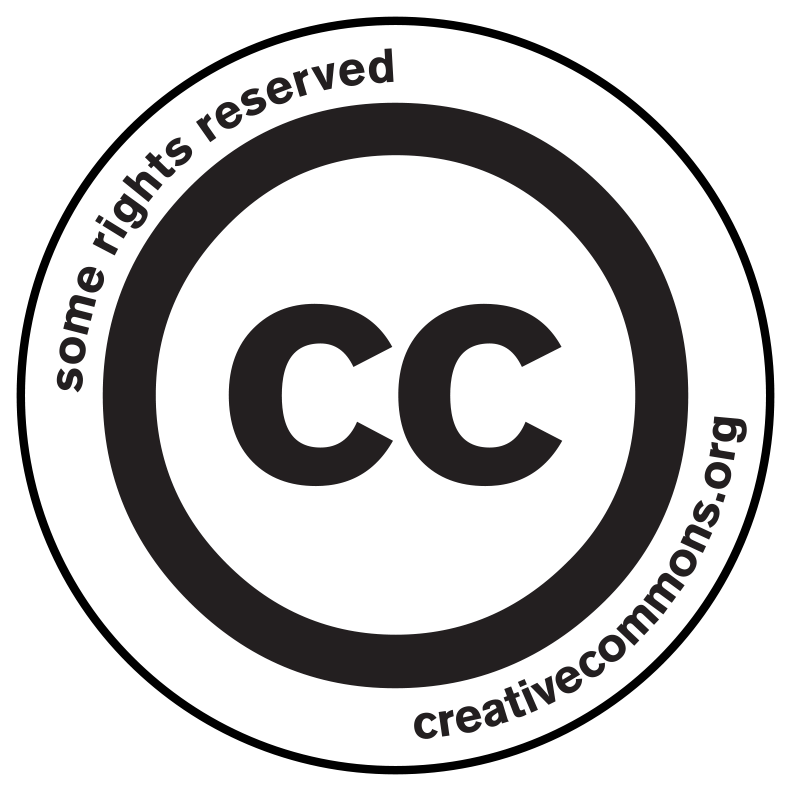
People commonly refer to Wikipedia as a source of information when conducting online searches. However, have you ever noticed the fine print at the bottom of Wikipedia pages that states, “Text is available under the Creative Commons Attribution-ShareAlike License 4.0”? What do the terms “Creative Commons” and “Attribution-ShareAlike” refer to? A good grasp of these terms provides users with the means to correctly cite and paraphrase Wikipedia content to avoid infringing on copyright. This article will quickly guide you through an introduction of the “Creative Commons” and its significance.
What are Creative Commons (CC) Licenses?
The “Creative Commons” was established in 2001 as a non-profit organization, by American legal scholar, Lawrence Lessig, and a group of like-minded experts across various fields. The mission behind this non-profit is to promote and establish a flexible and simple licensing system to foster social and cultural development[1]. In Taiwan, “Creative Commons” is promoted under the slogan of “We create, we use, we CC!”, which illustrates a spirit of shared ownership over creative works[2]. In the past, Academia Sinica has promoted the concept behind the Creative Commons by supporting the “[3]. Currently, this initiative is continued to be promoted by the “CC Taiwan Community”, which was formed under the coordinating efforts of the “Open Culture Foundation[4]”.
The Significance of Creative Commons Licenses
Creative Commons licenses are essentially a form of licensing with simplified licensing terms, which only includes four core elements:
|
 |
|
 |
|
 |
|
 |
Based on their principles and needs, creators may choose one out of six licensing options below, which are combined from the four core elements illustrated above. The most permissive option only requires “Attribution”, while the most restrictive option requires “Attribution-NonCommercial-NoDerivatives”. Under the Creative Commons licensing system, users are only required to adhere to specific conditions set by the creator to freely use their works. This system, thus, achieves its original goal of promoting resource-sharing and societal development.
|
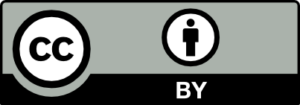 |
|
 |
|
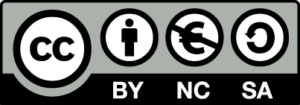 |
|
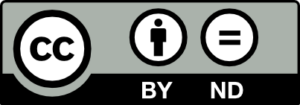 |
|
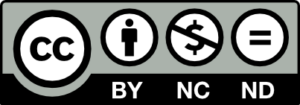 |
|
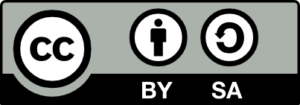 |
The Validity of Creative Commons Licenses and the Legal Consequences of Violated Terms
A traditional licensing model differs from Creative Commons licenses in that the former is mostly conducted in the form of a written one-on-one license agreement signed between the licensor and the licensee. On the other hand, Creative Commons licenses are public licenses, which mean that the author discloses the terms and conditions of use to the public, and that any individual can freely use the licensed work, as long as they follow those terms and conditions set by the author. In this newer licensing form, there is no need to sign a written licensing agreement one-on-one.
There have not been actual disputes in Taiwan to date that specifically pertain to public licensing terms under the Creative Commons. Therefore, Taiwan courts have not explicitly discussed the legal effect of such terms. However, the United States, Belgium, Israel, and other jurisdictions have existing judgments that acknowledge the legal effect of Creative Commons licensing terms. Germany has also had cases where Creative Commons licensing terms were enforced through a provisional injunction[5]. Based on the results of these cases, it is evident that even though creators adopt Creative Commons public licensing terms, opening up their works for public use under certain conditions, they do not relinquish their copyright. Therefore, if users do not adhere to the conditions set by the creators when using the works, their use of the works would be considered unauthorized, and may constitute copyright infringement. The perspectives of these foreign courts could serve as references for judicial practice in Taiwan.
The concept of a public license under the Creative Commons is not a novel idea. A similar concept has existed in the software industry, in the form of free software licenses or open-source licenses. The principle behind how these licenses work remains the same: coders make their originally written code available to the public for download and use under specific licensing conditions. Given the parallel, relevant cases in the context of free software licenses or open-source licenses can also serve as reference for “Creative Commons” cases.
In Taiwan, there have been relatively fewer legal disputes on open-source licenses. However, from Taiwan High Court Judgment No. 88-Shang-Su-69[6] we can observe that although Taiwan courts do not explicitly discuss the legal effect of open-source licensing terms, they do generally acknowledge that these licensing terms are valid, and a violation of them constitutes copyright infringement. “Creative Commons” licenses substantively resemble free software or open-source licenses, and the Taiwan High Court’s views on the validity of the free software or open-source’s licensing terms align with those of foreign courts mentioned above, on the Creative Commons licenses. Given this, if the terms of “Creative Commons” licenses are violated in Taiwan, courts are likely to recognize that these licenses are binding and enforceable and rule that the violators have infringed on copyright.
Therefore, when Internet users put works under “Creative Commons” into use, they should still exercise caution and adhere to the licensing terms set by the authors of the works, to avoid potential the legal risks arising from copyright infringement.
This is a translation of the original article in Chinese, which can be found here. Translation by Emma Chiu.
If you would like to know more about the Creative Commons and copyright law, please feel free to contact Ling-ying Hsu at lhsu@winklerpartners.com.
Written April 13, 2023 By Ling-ying Hsu.
Translated on January 10, 2024 By Emma Chiu.
[1] Please refer to the “Global CC” webpage for the “Creative Commons Taiwan Project ” here: https://ti-wb.github.io/creativecommon-tw/worldcc.html, which is a Chinese-language website.
[2] Please refer to the introduction webpage for the “Creative Commons Taiwan Project” here: https://ti-wb.github.io/creativecommon-tw/twcc.html, which is a Chinese-language website.
[3] Ibid.
[4] Please refer to the webpage for the “CC Taiwan Community” here: https://tw.creativecommons.net/home-page/, which is a Chinese-language website.
[5] Please find relevant discussions in the Chinese blog posts below: https://ti-wb.github.io/creativecommon-tw/blog/20161015.html;
https://ti-wb.github.io/creativecommon-tw/blog/20110614.html;
https://ti-wb.github.io/creativecommon-tw/blog/20111003.html.
[6] The same view seems to be adopted in the Taiwan Taipei District Court Judgment No. 104-Jian-Shang-528.

